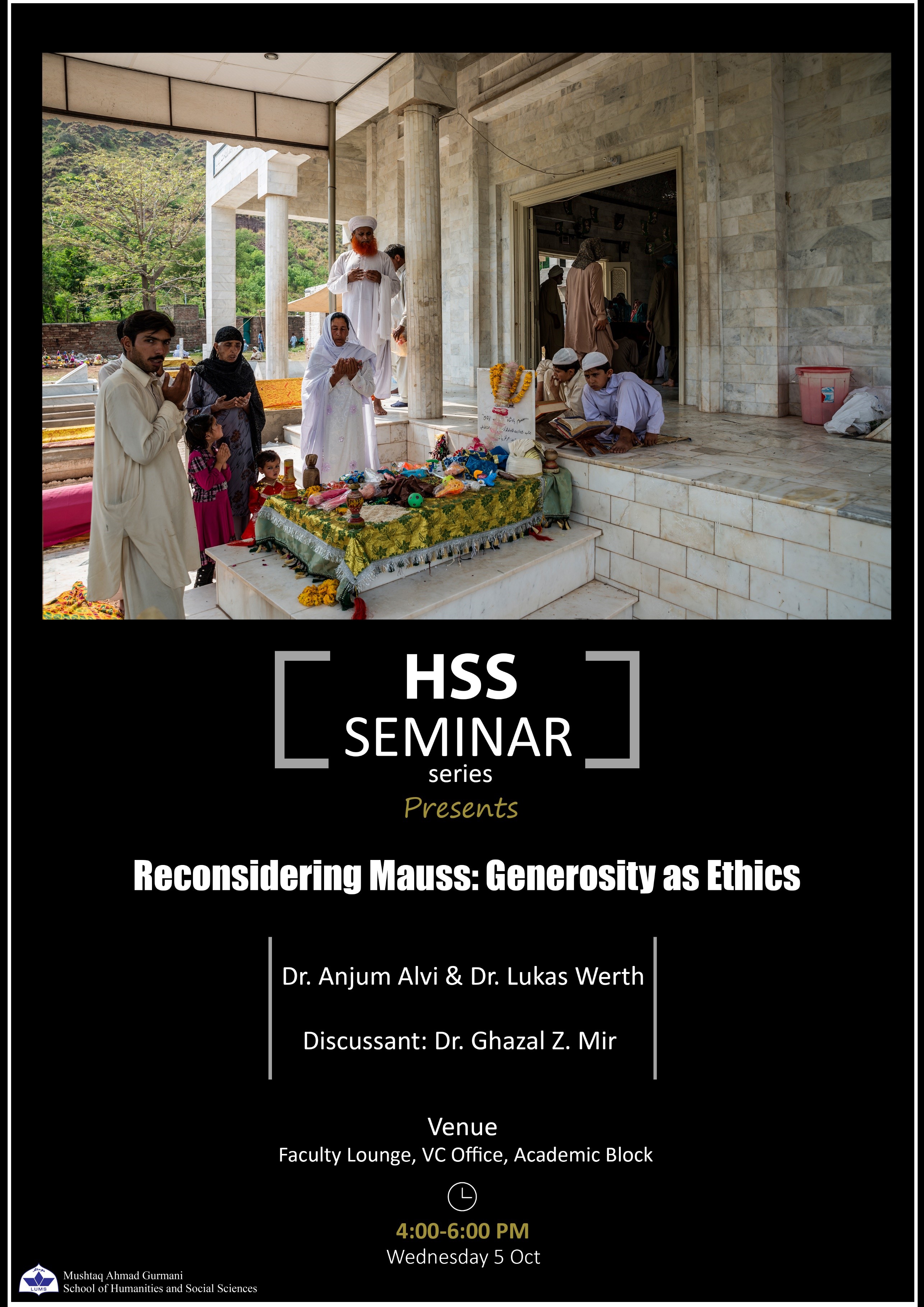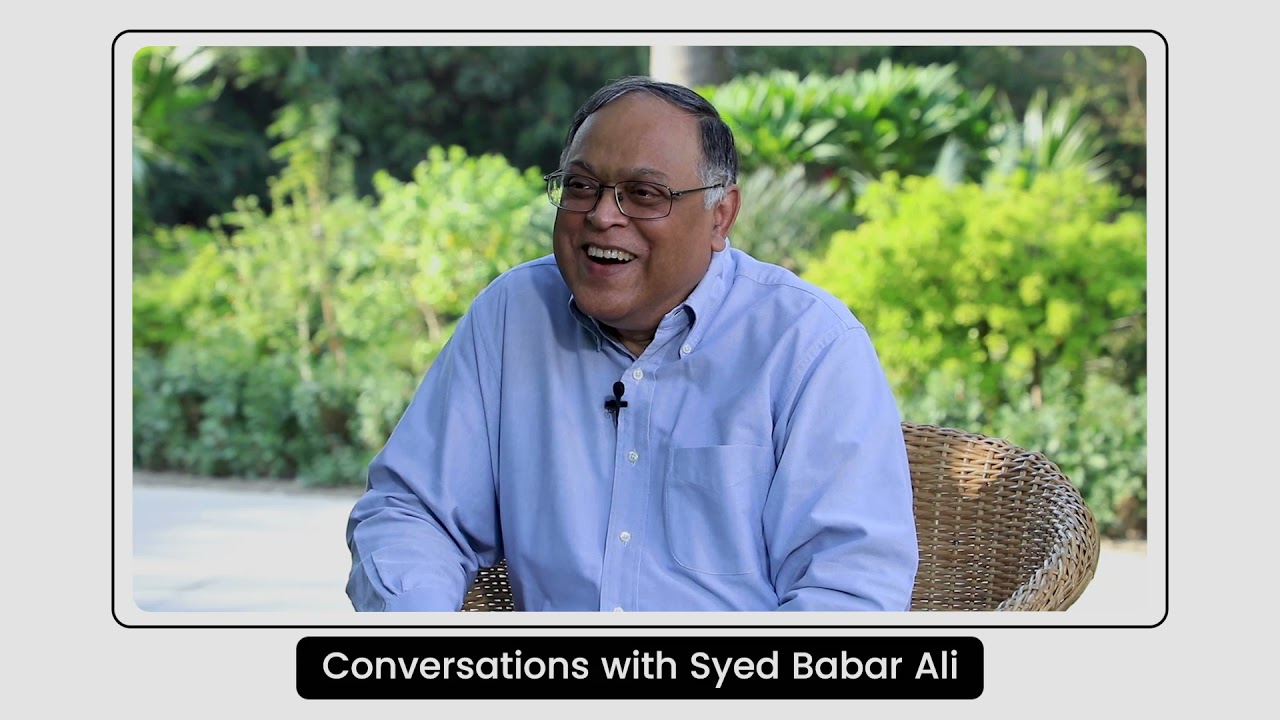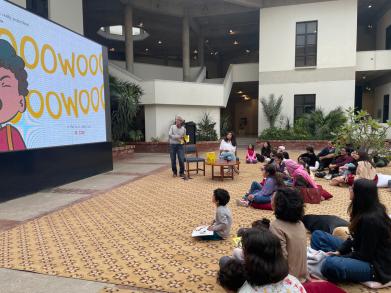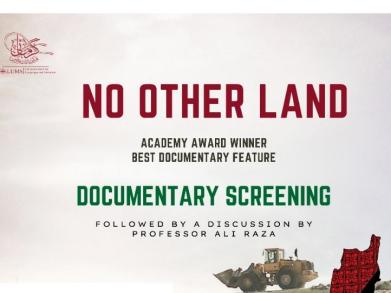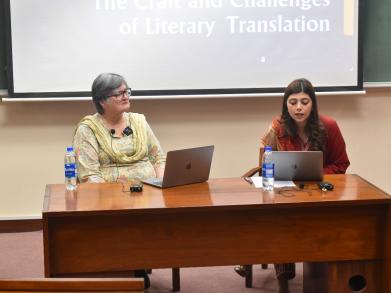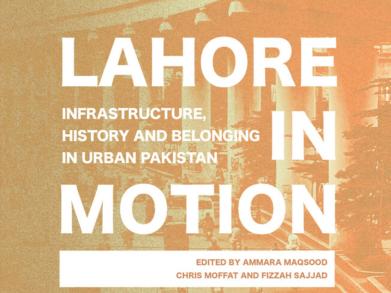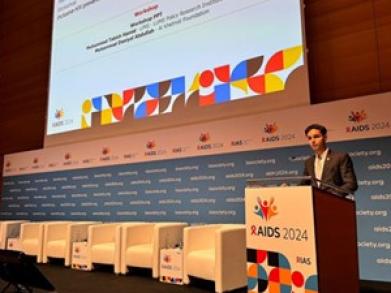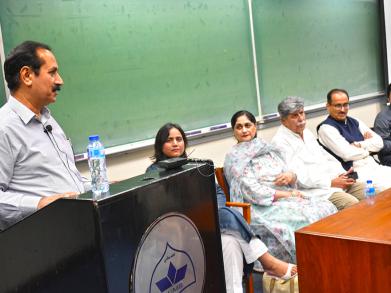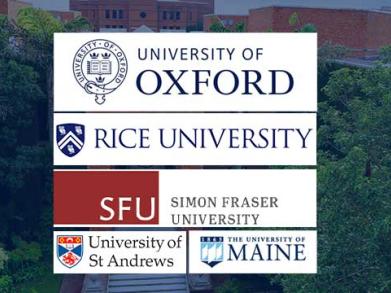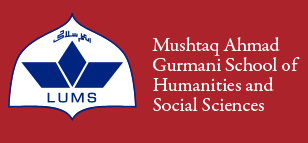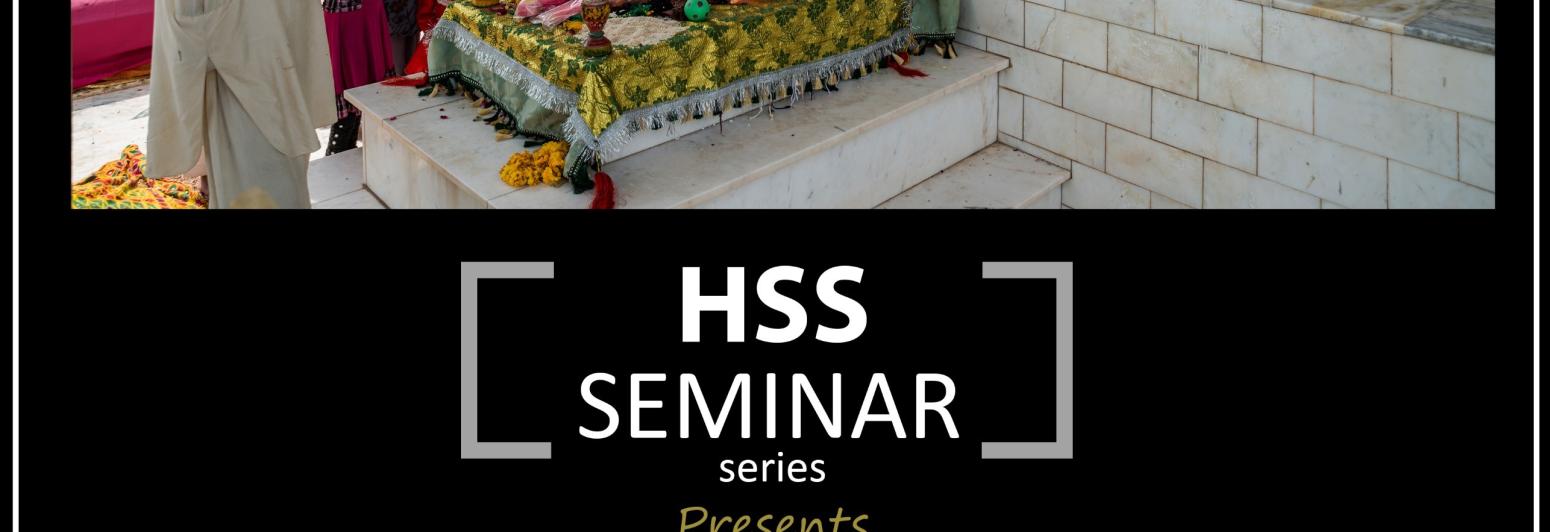
to
Abstract
A reinterpretation of Mauss’s The Gift reveals – beside its central topic, reciprocity – another implicit theme of generosity, which Mauss was criticized for having ignored. This renders the gift a double transaction. Generosity is a movement away from the self, constituting ethics as envisaged by Levinas. Introducing ethics into the context of the gift allows us to identify points missed by Mauss’s supporters and his critics. Mauss locates generosity primarily in exchanges with the mythical world that we identify as the Beyond, that is, as a cultural expression of Levinas’s Other. The Other, as an ethical template expressed in generosity, transcends the cultural moralities of reciprocity. This ethical dimension eludes a utilitarian rationality that centers on the self and renders the notion of a ‘pure gift’ impossible. Bataille and Derrida find no escape from this conundrum, but the Maussian double transaction resolves it. We explore this resolution via new insights on the ambiguities of the South Asian ‘pure gift’ dan, examined in the Muslim Punjab.
About the Speaker
Dr. Anjum Alvi
Anjum Alvi is a cultural anthropologist, and Associate Professor in the Department of Humanities and Social Sciences at the Lahore University of Management Sciences. She tries to relate anthropological perspectives of authors, like, Marcel Mauss, Louis Dumont, Marilyn Strathern, Pierre Bourdieu, Walter Benjamin etc. to philosophical ones such as those of Ludwig Wittgenstein, Emmanuel Levinas, Maurice Merleau-Ponty, Alasdair MacIntyre, Michel Foucault, and Denis de Rougemont. In her publications, she attempts to develop a theory which encompasses a subjective and objective perspective at the same time. To this end of demonstrating the inseparability of these two perspectives she worked and published in different fields of anthropology. She examines cultural fragments in relation to their place in the larger picture of that cultural context. Instead of emphasizing mere differences or similarities, she searches for transforming patterns between cultural contexts, and points out challenges we face in relating cultural contexts intersubjectively.
Dr. Lukas Werth
Lukas Werth is Associate Professor of anthropology at LUMS, who has been conducting research in the Punjab of Pakistan since 1993 with a special emphasis on living Sufism. During these years, he became deeply involved in photography both as an anthropological endeavor and as an art form. He combines this with his anthropological interests, that is, he explores an artistic vision inspired by anthropological perspectives. One main topic of this combination is the exploration of cultural contexts in Pakistan which he tries to present in a personal vision, leading away from common Western prejudices, and also appealing to a spectator familiar with the contexts depicted. His theoretical interests include meaning, self, ethics and aesthetics in Anthropological thought; different aspects of religion as such, Islam, including Sufism and fundamentalism, Hinduism, kinship, rituals, concepts of modernity and Western thought, and peripatetic societies.
